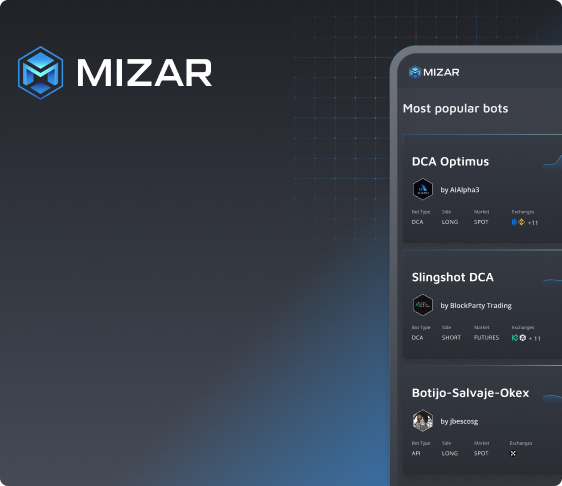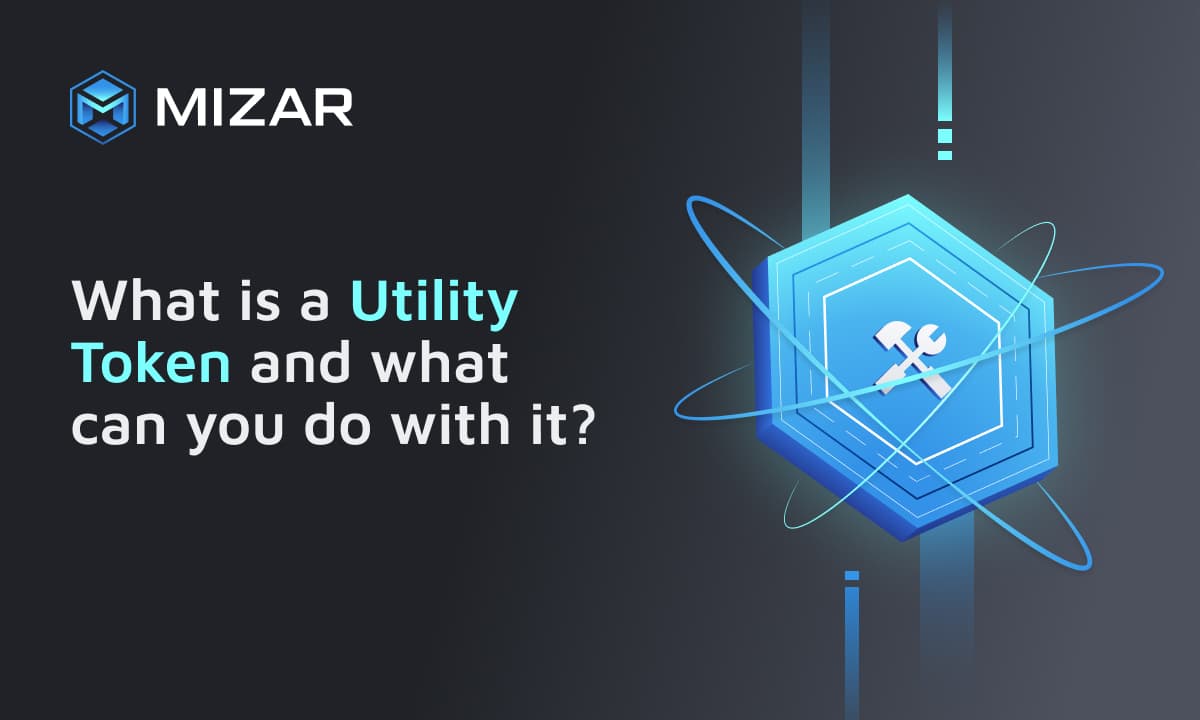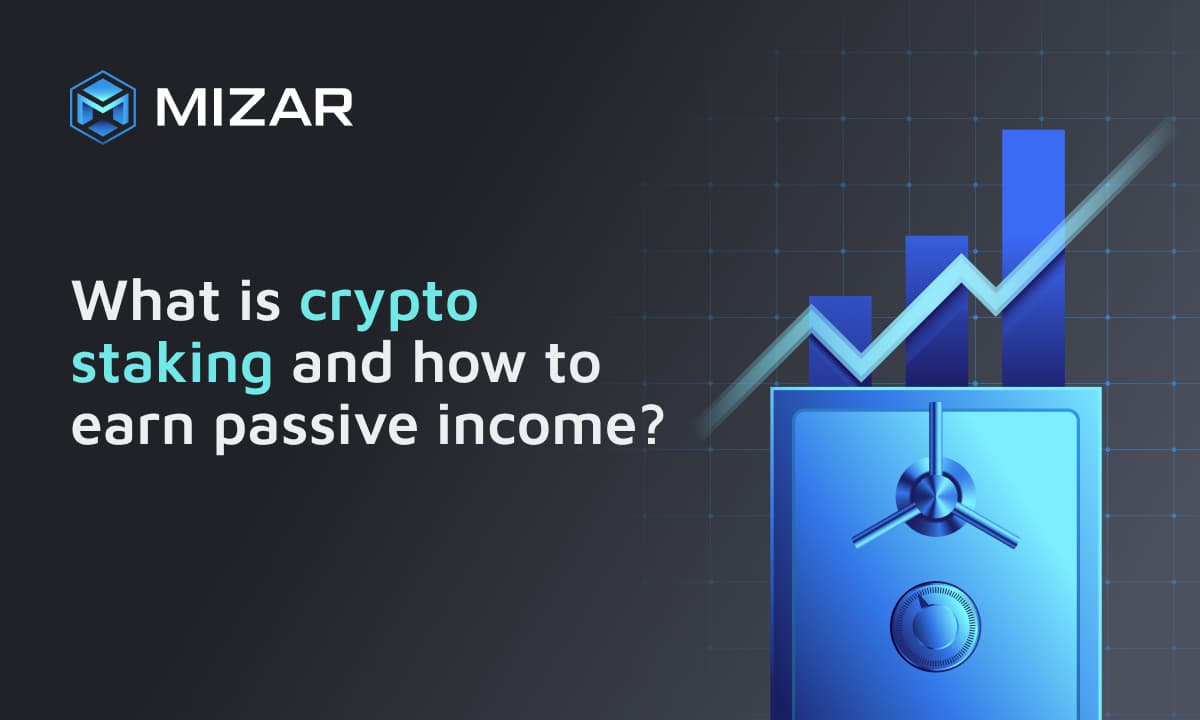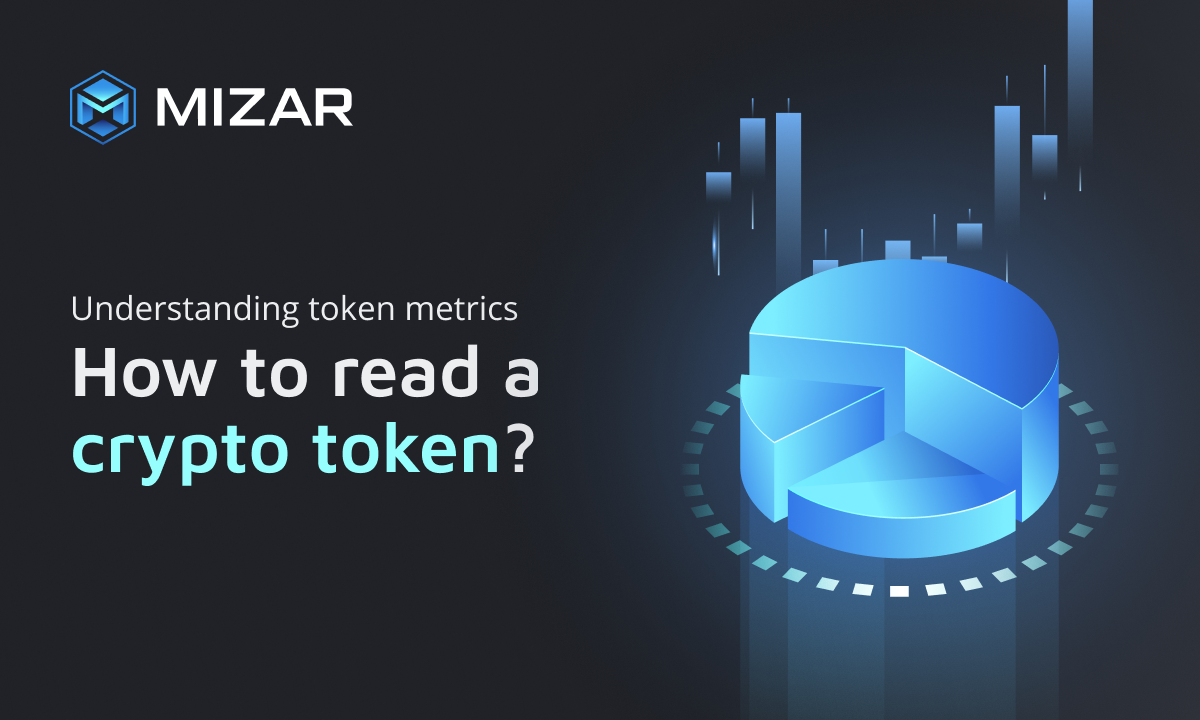What Is an IDO & What Are The Best Launchpads?
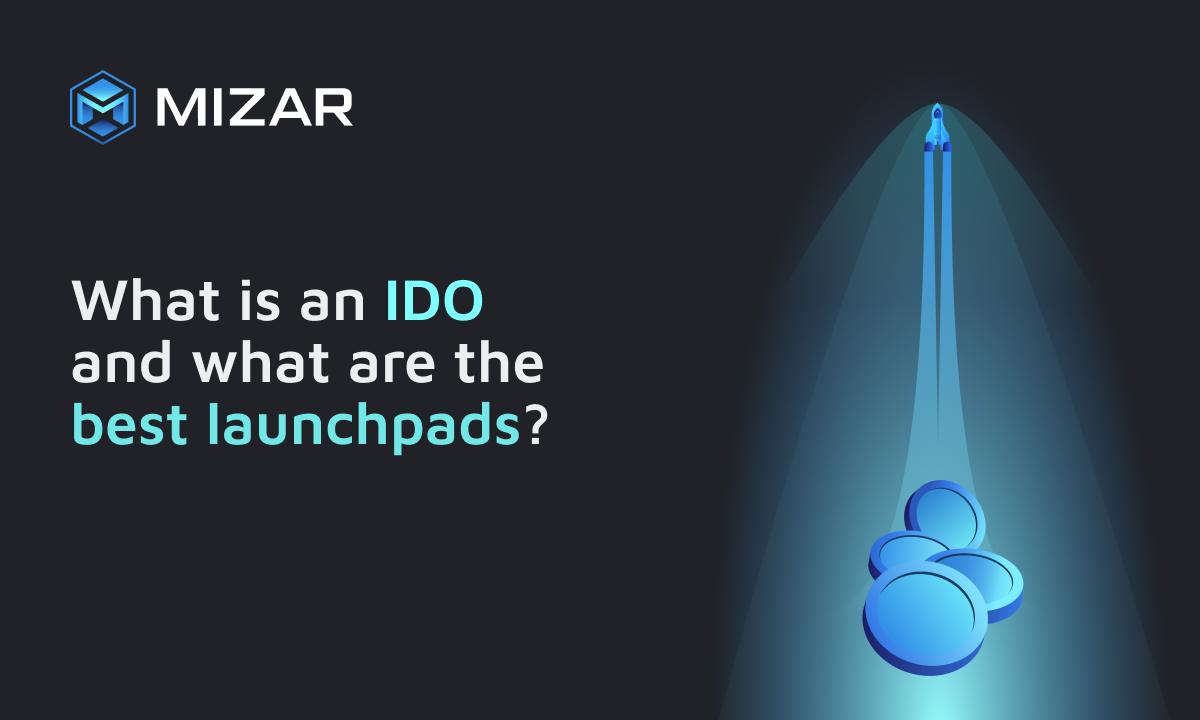
IDO & Popular Launchpads: A Quick Answer
IDO is a token launch model which involves fundraising on a decentralized exchange. Think of a brand new project joining forces with a decentralized exchange to make the project’s tokens available for trading. Sometimes, projects outsource the process of networking, community engagement, and even development to launchpads to focus on more strategic tasks.
Here’s the list of some launchpads projects use to kickstart a token sale. [Read: potential profits of early investment. But also risks, though]
Major Launchpads | Medium Launchpads | Small Launchpads |
Keen to learn more? Check out the link for the full list.
What Is an Initial DEX Offering [IDO]?
Initial Decentralized Offering is the process of early token sales by new crypto projects. As the name suggests, such a sale happens on decentralized exchanges [DEX].
Blockchain startups use the services of decentralized intermediary exchanges to sell their tokens. IDO is a popular way to attract investment to a crypto project, the methodology is similar to IPO — the issue of shares on the stock market.
Any IDO is conducted in 2 stages:
Sale of tokens to a limited circle of users. There is an average "allocation" per participant in the specific range, usually $100 to $1000, but its size eventually depends on the project.
Launch trades. After the Token Generation Event, or TGE for short, tokens are placed in the liquidity pools [LP]. At this stage, they are already subject to DEX trading.
How Does an Initial DEX Offering [IDO] Work?
With decentralized exchanges (DEX), the sale of tokens is very easy, the project team issues its tokens on the selected platform, and the exchange is already selling and transferring tokens. Users buy them, thereby financing the project.
Projects may prefer DEX trading due to complete automation, otherwise impossible. The key feature of any DEX is automated market-making, which excludes a major problem of unpredictable scope — liquidity providers.
General Principles of an IDO
The project is tested on the selected DEX, and only after that can they allow it to IDO. If they fail the "exam," they won't be able to launch an IDO. Next, they offer a certain number of tokens at a fixed price, then the buyers lock their money, and the amount of purchased assets is assigned to them. The distribution of tokens takes place after they are generated [TGE].
Be it a project directly or an intermediary platform like a launchpad, you usually need to be among verified investors [whitelist] to buy tokens. Furthermore, the verification process requires you to have a cryptocurrency wallet address or completion of tasks specified by the project. Most reliable launchpads require you to complete the KYC procedure — Know Your Customer. It’s a standard due diligence procedure to ensure users are real. KYC helps launchpads to mitigate risks [money laundering, questionable financing, other illegal schemes] and meet regulatory requirements.
The money raised from the sale of digital assets is distributed to the project team minus funds for the liquidity pool. After the purchase, tokens can be exchanged when their unlocking happens. The lock period can take several months or years. Some projects unlock all the tokens right away, but the common practice involves some locking period.
Pros and Cons of The Initial DEX Offering [IDO]
The method of attracting investment in this way has a number of advantages:
Pros
The investor and the developer do not work directly but through an intermediary exchange, so the investor does not need to trust the project's smart contracts.
Pools block some of the funds raised in order to provide a liquid market for trading tokens after the sale.
There is no need to provide personal data to make a transaction. An active cryptocurrency wallet is enough. Any user can enter the project.
Little-known tokens, at the start, have the opportunity to attract investors, with the work through the centralized large exchanges would be a problem.
IDOs allow you to buy a limited number of tokens, allowing more users to invest in the project. This minimizes risk.
Cons
Of the disadvantages of the IDO scheme can be distinguished as follows:
Lack of quality protection. Anyone can enter the project. There is no guarantee that someone is not laundering money or conducting fraudulent operations with the help of IDO.
Lack of verification. Initial decentralized offerings make it easier to distribute tokens with bad ratings.
How to Enter an Initial DEX Offering [IDO]?
To participate in IDO, you will need the following.
An active Metamask-type cryptocurrency wallet
Enough money [mainly stablecoins] to buy tokens and pay exchange fees
A set-up connection to DApps.
Before buying tokens, you need to make sure that you have enough money in your account to pay transaction fees. Once the DApp is connected, you need to follow the instructions, which may vary slightly across exchanges. By purchasing tokens, you basically reserve them.
The funds are transferred to the cryptocurrency wallet at the end of the generation period. Please note that according to the terms of the exchange, assets can be blocked for some time or used in staking. You should analyze such nuances before buying into a project.
What Is a Launchpad?
Launchpad is a fundraising platform. Crypto project use launchpads to close the public [community allocation] round of investment. You can learn more about the token sale rounds and other crucial terms in the tokenomics breakdown.
Launchpad token pre sales occur once seed and private rounds have been successfully raised. Some launchpads focus on fairer distribution and offer private or even seed round allocations. However, projects tend to avoid such launchpads because they put additional pressure on the token.
How Do Launchpads work?
You either get a guaranteed allocation or lottery tickets with the potential to win allocation for storing the tokens of the launchpad itself. To participate in any of the Launchpads, the basic steps are universal.
You need to create [have] a crypto wallet
Buy a certain amount of launchpad tokens
Put them into your wallet
Stake tokens [it's like a deposit in a bank, you get a percentage of the total number of coins in the stack]
Get a chance to win allocations or get it guaranteed if the stake is big enough [some launchpads don’t offer guaranteed allocations at all, while other make it a default option]
Why do you buy some unknown and risky tokens to further lock them in? Your interest here is to buy a token at a lower price early. If the project becomes viral, you can make huge profits. Otherwise, you may still make some profits, lose some of your invested money or the whole invested amount.
To choose a worthwhile IDO [and launchpad], you should analyze the project from all angles possible so that you avoid scams, low-end, and mediocre projects with no unique ideas.
What Makes a Reliable Launchpad?
Launchpad rankings. The best launchpads run a significantly lower risk listing a mediocre project. In-demand launchpads like TrustPad, Poolz, and DAOmaker have some reputation to maintain. Hence, you can trust their choice more compared to less prominent launchpads. That doesn’t mean you can skip your own research, though.
Investors. Analyze the investors and partners behind the launchpad. Big names speak volumes to further your research.
Terms. Scrutinize tokenomics, and other terms before going any further. The best launchpads keep their intentions and plans as transparent as possible. Undoxxed teams make no sense in the modern crypto investment stages.
Stick to these three criteria at first to keep yourself safe. Once you gain some experience, you may go for more risky launchpads.
Pros & Cons of Launchpads
Let’s quickly address the pros and cons associated with investment via launchpads.
Crypto Launchpads: Pros
Launchpads allow the retail investor to participate by buying a token at a price lower than the TGE (listing). Some projects can yield hundreds of X to your initial investment, especially if the project is backed by some big funds and launching on several launchpads simultaneously.
Launchpads create a stir around the project, garnering the attention of a wide range of people. A strong marketing campaign can brew even more profits for early participants.
Crypto Launchpads: Cons
Guaranteed allocations may cost a fortune. An average-size allocation on the T1 launchpad may cost four or even five digits.
A wide range of launchpads, but only a few are worth any attention
Most launchpads require staking or holding illiquid tokens
Some launchpads consume lots of time before you actually participate in a token sale.
Crypto Launchpads Listed
Trustpad — small to medium cap projects for retail investors.
Poolz — a decentralized cross-chain IDO platform.
Red Kite — powered by Polkafoundry, it focuses on early-stage retail investors.
Binance Launchpad — a renowned launchpad by the Binance exchange.
DuckStarter — a launchpad for retail investors.
Polkastarter — built on Polkadot, targets project within the same chain.
BSCPad — a launchpad oriented toward fair distributions.
DAOMaker — a high-end launchpad for large wallets.
GameFi — an all-encompassing hub for game finance.
SeedeFi — a DAO-driven seed-stage fund.
Closing Thoughts
IDO is attractive to both developers and investors. Developers delegate the task to exchanges that, in turn, automate the fundraising process for a blockchain project, while investors can invest in a potentially promising token, profit after the generation event, and sell assets once trading starts.
You should be careful in your choice of platforms and projects, but if you decide to analyze, invest in a project, and accept associated risks, you can make substantial profits.
FAQ
What Is a Token Sale?
The token sale is the sale of cryptocurrency to early investors directly from token creators. An analog of crowdfunding to attract investment in a blockchain project.
What Is an IDO in Crypto?
Initial DEX offering, or IDO, is one of the ways projects can make their tokens available publicly. This way, early investors can participate in the launch and support the project.
What Is an Initial DEX Offering?
Initial DEX offering is an opportunity to participate in the token sale — the project launches its tokens via a decentralized exchange, and early investors can buy the tokens at a favorable price.
What Is a Crypto Launchpad?
Crypto launchpad is a platform that usually connects retail investors and projects to streamline fundraising by attracting more investors onboard. Investors, in turn, get a token allocation in the project.
